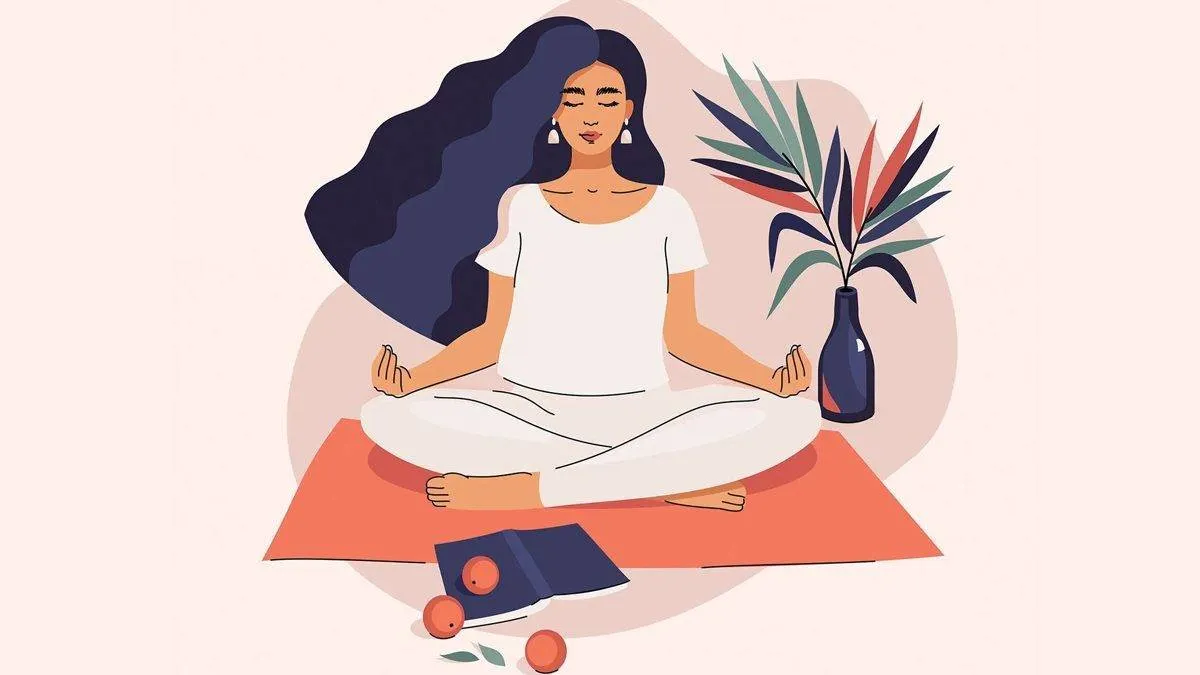
Mindfulness and Meditation: A Path to Better Mental Health
In today’s fast-paced world, maintaining mental health has become increasingly important. Mindfulness and meditation are powerful tools that can help reduce stress, improve focus, and enhance overall well-being. This blog explores the benefits of mindfulness and meditation, provides tips for getting started, and offers practical techniques to incorporate into your daily routine.
The Benefits of Mindfulness and Meditation
- Stress Reduction: Mindfulness and meditation can significantly reduce stress levels by promoting relaxation and helping you manage difficult emotions. Regular practice has been shown to lower cortisol levels, the hormone associated with stress.
- Improved Focus and Concentration: Meditation enhances your ability to concentrate by training your mind to stay present. This can improve productivity and help you stay focused on tasks for longer periods.
- Better Emotional Regulation: Practicing mindfulness helps you become more aware of your emotions and how they influence your thoughts and actions. This increased awareness allows you to respond to situations more calmly and thoughtfully.
- Enhanced Self-Awareness: Meditation encourages self-reflection and introspection, helping you gain a deeper understanding of yourself. This self-awareness can lead to personal growth and a stronger sense of identity.
- Reduced Symptoms of Anxiety and Depression: Mindfulness and meditation have been shown to reduce symptoms of anxiety and depression by promoting a positive outlook and reducing negative thought patterns.
- Improved Sleep: Regular meditation can improve sleep quality by calming the mind and reducing stress, making it easier to fall asleep and stay asleep.
Getting Started with Mindfulness and Meditation
- Set Aside Time: Dedicate a specific time each day for mindfulness and meditation. Even just 5-10 minutes can make a difference. Consistency is key to reaping the benefits.
- Find a Quiet Space: Choose a quiet, comfortable place where you can sit or lie down without distractions. This will help you focus and relax during your practice.
- Start with Guided Meditations: If you’re new to meditation, guided sessions can be helpful. There are many apps and online resources available that offer guided meditations for beginners.
- Focus on Your Breath: One of the simplest ways to begin meditating is to focus on your breath. Pay attention to the sensation of each inhale and exhale, letting go of any other thoughts that arise.
- Be Patient: It’s normal for your mind to wander during meditation. When this happens, gently bring your focus back to your breath or the present moment. With practice, it will become easier to maintain focus.
Mindfulness Techniques to Incorporate into Daily Life
- Mindful Breathing: Take a few moments throughout the day to focus on your breath. This can be done anywhere and can help you reset and reduce stress.
- Body Scan: Practice a body scan meditation to become aware of physical sensations in your body. This can help release tension and promote relaxation.
- Mindful Eating: Pay full attention to the experience of eating. Notice the taste, texture, and smell of your food, and savor each bite without distractions.
- Mindful Walking: Take a walk and focus on the sensation of your feet hitting the ground, the sights and sounds around you, and your breath. This practice can help you feel more connected to your surroundings.
- Gratitude Practice: Spend a few minutes each day reflecting on things you’re grateful for. This can help shift your focus to positive aspects of your life and improve overall well-being.
Conclusion Mindfulness and meditation are powerful practices that can enhance mental health and well-being. By reducing stress, improving focus, and promoting emotional regulation, these techniques can lead to a more balanced and fulfilling life. Start with simple practices, be patient with yourself, and gradually incorporate mindfulness into your daily routine. Embrace the journey towards better mental health and discover the transformative power of mindfulness and meditation.



